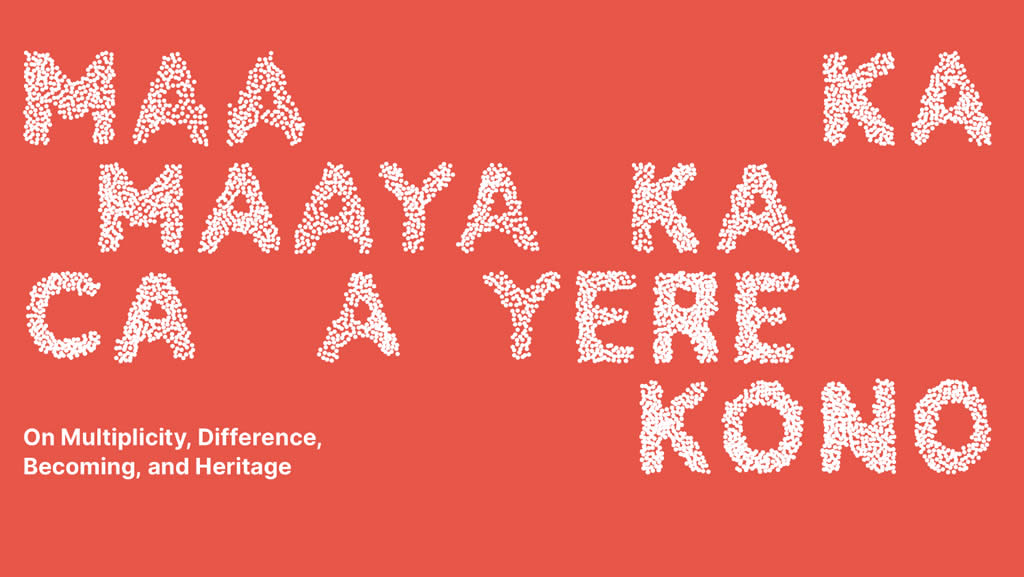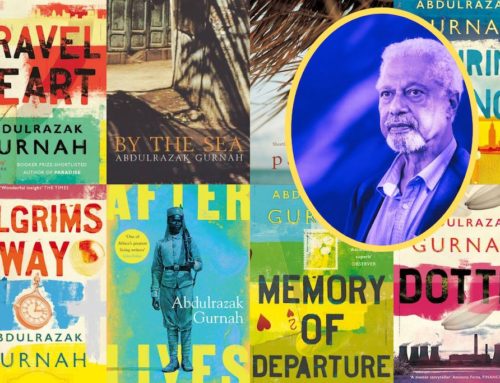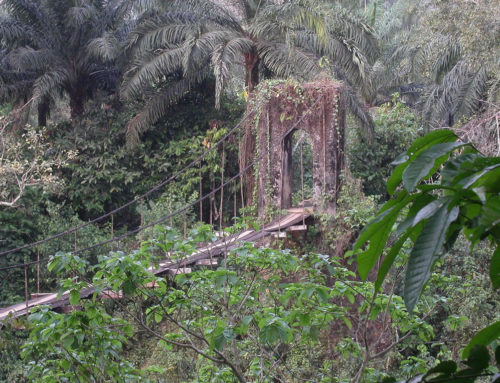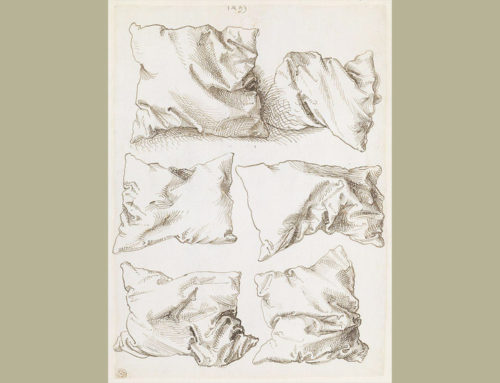Maa Ka Maaya Ka Ca A Yere Kono
On Multiplicity, Difference, Becoming & Heritage
The central theme of the 13th edition of the Bamako Encounters zeroes in on questions of multiplicity, processuality, transition, becoming, heritage, and difference. In arguing that present discussions of singularity tend to ossify notions of identity, culture, and politics, the curatorial team launches a powerful affirmation of that which is in between and beyond the traditional boundaries of such categories. As the main title suggests, Maa ka Maaya ka ca a yere kono: The persons of the person are multiple in the person.
We invite artists to reflect on such processes of becoming, multiplicities, layered and fragmented identities, vibrant understandings of heritage/ patrimony, storytelling, and difference(s).
For the 13th edition of the Bamako Encounters – African Biennale of Photography, on view at various venues in Bamako, Mali from 20 October 2022–20 December 2022, the overarching focus lies On Multiplicity, Difference, Becoming, and Heritage.
The dominant narrative in this ‘globalized world’ is, incidentally, that of singularity–of universalism, of single identities, of singular cultures, of insular political systems. With this narrative, however, comes an illusory sense of stability and stasis; identities seem inalterable, cultures are immutable, political systems prove uneasy in the face of change. Thus, in sustaining this pervasive discourse, there has been a great loss of multiplicity, of fragmentation, of process and change, and not least of complex notions of humanity and equally complex narratives.
In de-centering this year’s Biennale On Multiplicity, Difference, Becoming, and Heritage, General Director Cheick Diallo, Artistic Director Bonaventure Soh Bejeng Ndikung, and the curatorial team — Akinbode Akinbiyi (artist and independent curator), Meriem Berrada (artistic director of MACAAL, Marrakech), Tandazani Dhlakama (assistant curator Zeitz MOCAA, Cape Town), and Liz Ikiriko (artist, assistant curator Art Gallery York University) — of the Bamako Encounters pay a powerful tribute to the spaces in between, to that which defies definition, to phases of transition, to being this and that or neither and both, to becoming, and to difference and divergence in all their shades. Accordingly, Amadou Hampâté Bâ’s statement (Aspects de la civilisation africaine. Éditions Présence Africaine. 1972) presiding over the manifestation, Maa ka Maaya ka ca a yere kono, translates to, “The persons of the person are multiple in the person.”
A key tool for negotiating the processual and shifting nature of multiplicity lies in storytelling. It is the central medium through which humanity points the lens on itself and launches an attempt at self-understanding and reflection, and the breadth of answers given throughout history testifies to the congenial nature of storytelling and multiplicity. Moreover, the stories we tell not only negotiate who we are but also expose underlying currents of who we will become in the future. This is the concern lying at the heart of the 13th edition of the Bamako Encounters–the stories we tell, the multiple facets of humanity we accommodate, notions of processuality, Becoming in Being, embracing identities that are layered, fragmented, and divergent, and the multifarious ways of being in the world, whether enacted or imagined. It should be emphasized that this does not apply only to questions of personal identity. On the contrary, it is a bold affirmation of transformation and transition, of becoming in an emphatic sense, and is thus equally significant for state politics. It also rings true for questions of heritage/patrimony. Embracing the kaleidoscopic legacy of our multiple heritages means to open them up and liberate the term from its etymological roots (the Latin patrimonium means “the heritage of the father”), imagining in its place an inclusive concept of matrimony.
Thus, in this 13th edition of the Bamako Encounters with the title Maa ka Maaya ka ca a yere kono, artists, curators, scholars, activists, and people of all walks of life are invited to reflect collectively on these multiplicities of being and differences, on expanding beyond the notion of a single being, and on embracing compound, layered and fragmented identities as much as layered, complex, non-linear understandings of space(s) and time(s).






